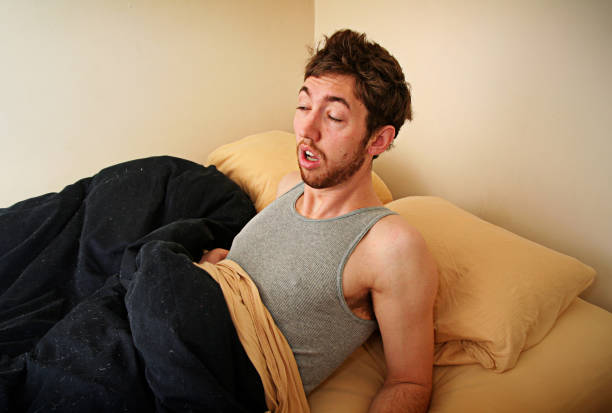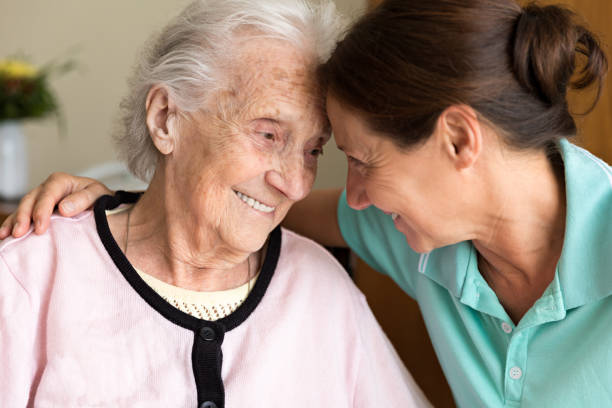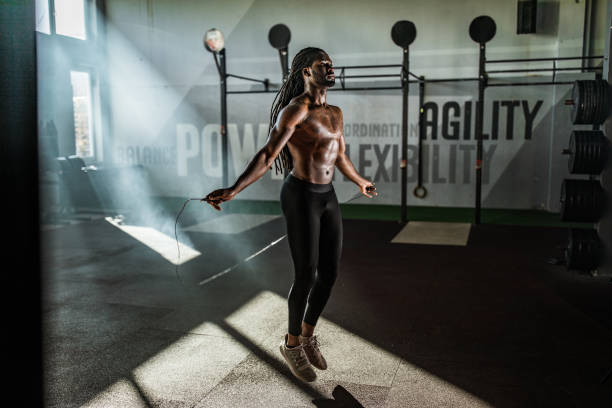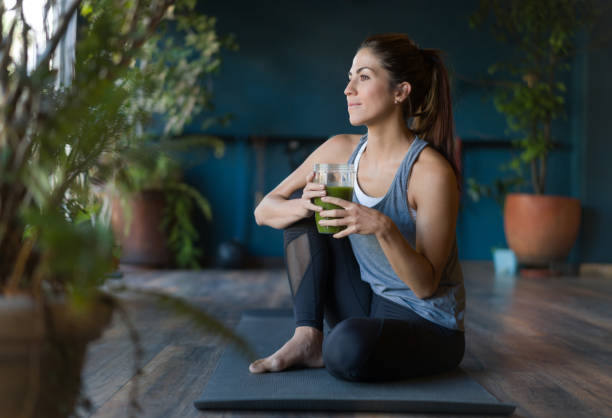Exercise and Breast Cancer: What You Need to Know
Breast cancer treatment can impact individuals in various ways, affecting both physical and emotional well-being. While some people may experience minimal side effects and continue their regular activities, others may face significant challenges that make exercise difficult. Understanding the role of physical activity during and after breast cancer treatment is essential for improving overall health and quality of life.
The Impact of Breast Cancer Treatment
Many individuals undergoing breast cancer treatment experience side effects such as:
- Joint Pain
- Low Mood
- Fatigue
- Body Confidence Issues
Feeling extremely tired or unwell can make it challenging to engage in daily activities, including exercise. However, physical activity can still play a crucial role in managing these effects.
Benefits of Exercise During and After Treatment
Exercise can provide numerous benefits for individuals with breast cancer, including:
- Reducing Side Effects: Regular physical activity can help alleviate fatigue and prevent weight gain associated with treatment.
- Improving Long-Term Health: Exercise can lower the risk of heart disease and strokes.
- Maintaining Muscle Tone: Staying active helps prevent the loss of muscle strength and fitness that can occur during treatment.
- Enhancing Mental Health: Physical activity can decrease anxiety, stress, and depression, while improving mood and sleep quality.
- Regaining Control: Engaging in exercise can help individuals feel more empowered and in control of their health.
Research has also indicated that physical activity may reduce the risk of breast cancer recurrence for those with early-stage breast cancer.
Post-Surgery Exercise
For individuals who have undergone breast cancer surgery, shoulder and arm exercises are vital for regaining mobility and function. Your treatment team will provide a tailored exercise program to follow in the weeks following surgery. It’s important to be patient, as it may take time to regain your pre-surgery level of movement.
Getting Started with Exercise
If you’re struggling to resume physical activity, consider these steps:
- Set Realistic Goals: Start with achievable objectives and gradually increase your activity level. Small, consistent changes can lead to significant improvements.
- Incorporate Activity into Daily Life:
- Engage in energetic housework or gardening.
- Use stairs instead of elevators.
- Park further away from your destination and walk the rest of the way.
- Start Slowly: Once you feel more confident, begin with an exercise you enjoy, such as walking. Aim to walk a short distance regularly and gradually increase your duration and intensity.
- Explore Different Activities: If walking feels manageable, consider other forms of exercise like Pilates or yoga, which can be gentle on the body.
Modifying Exercise for Side Effects
If you experience peripheral neuropathy (nerve damage) from chemotherapy, some exercises might be more challenging. In such cases, consider alternatives like:
- Using a stationary bike.
- Walking on a treadmill.
Always consult with your treatment team or GP before starting any new exercise routine. The amount of exercise appropriate for you will depend on various factors, including your fitness level, any side effects from treatment, and the presence of other health conditions.
Research and Support
Breast Cancer Now is funding research at Newcastle University to develop a program that provides tailored nutrition and exercise guidance for women with early-stage breast cancer. This initiative aims to support individuals after treatment, particularly those facing persistent fatigue and emotional challenges.
Conclusion
Exercise can be a powerful ally for individuals dealing with breast cancer, offering physical and emotional benefits that enhance overall well-being. By starting slowly, setting achievable goals, and seeking support from healthcare professionals, you can successfully incorporate physical activity into your life during and after treatment. Remember, even small amounts of movement can make a significant difference.






